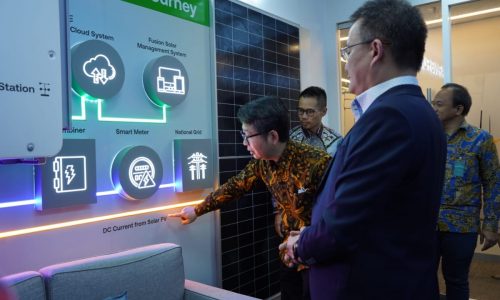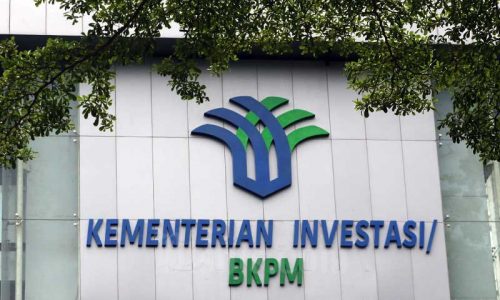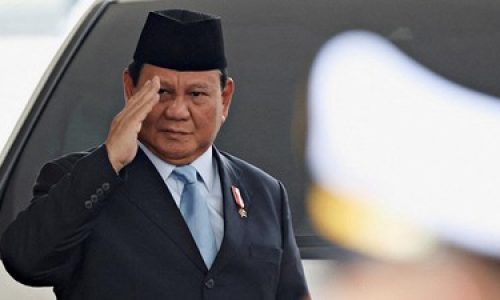The Center of Economic and Law Studies (CELIOS) has assessed the readiness of regions in Indonesia to embrace energy transition, highlighting low utilization of environmentally friendly energy sources.
Media Wahyudi Askar, Director of Public Policy at CELIOS, said the readiness for transitioning from high carbon-emission energy sources to renewable energy in Indonesia is far from uniform.
“The readiness for energy transition is still far from being evenly distributed between regions, where 90 percent of provinces in Indonesia do not have adequate readiness. Approximately 70% (24 provinces) are in a moderate status, and 20% (7 provinces) are in a low status,” said Media Wahyudi during the launch of the report titled “Indonesia Energy Transition Readiness Index.”
“The uneven readiness of regions in energy transition also depends on the per capita consumption level, the significance of women’s involvement, and the vulnerability to climate and energy in each region,” he added.
Meanwhile, Bhima Yudhistira, Executive Director of CELIOS, emphasized that the uneven availability of skill-building facilities makes it challenging for regions to be energy-independent, especially skills related to the operation and installation of renewable energy, including micro-hydro and solar energy.
“The government and the private sector need to encourage more skill-building schools, vocational schools, and universities that can prepare the community’s skills in energy transition,” Bhima said.
In addition to skill-related challenges, Media highlighted that the trend of energy transition readiness aligns with the government’s larger budget allocation, lower corruption rates, and a focus on energy resilience loans.
“Interestingly, from the study’s findings, areas with higher vulnerability actually have a better index of energy transition readiness,” said Media.
This is based on the experience of facing significant financial losses due to disasters, serving as a learning point for quicker transitions to clean energy.
The Indonesia Energy Transition Readiness Index is highly relevant for assessing the development of energy infrastructure, policies, and energy transition practices. The index also offers environmental, social, and governance considerations in the context of investments. It touches on aspects of inequality and energy security by addressing disparities in distribution, accessibility, and utilization of energy resources.
The index, in essence, provides valuable insights into challenges and opportunities, serving as a reference for policymakers in formulating strategies and creating a more equitable energy transition landscape.









